We’ve all experienced the feeling post a training session when you are absolutely spent from exerting yourself to the max. You’ve left everything out on the mat or the gym floor but your attention quickly turns to think, how am I going to possibly back up and do this all again?
It's at this point many of us have looked towards supplements to assist us with the recovery process. The most used supplement by a long way post-training are protein shakes. However, a common consideration that many people face is which type of protein to consume. Whey protein has been a popular option within the fitness industry, which has predominantly been dominated by bodybuilders whose primary purpose is to bulk and gain as much muscle mass as possible. However, as the popularity of sports such as martial arts and other sports with differing physical demands takes place, so has the demand for alternating protein sources. Plant proteins have had a huge rise in popularity and are also seen as a great protein option depending on your health and fitness goals.
We take a deeper look at the two protein sources to help you gain a better understanding of the pros and cons of each for athletes, in specific combat athletes.
WHAT IS WHEY AND PLANT PROTEIN?
You know that liquid that sometimes sits on top of yoghurt? That’s whey. Although not overly appealing, this watery component of milk separates during cheese production and is then processed to become a powdered, flavoured formula that’s a lot more palatable than its original form. This is loaded with proteins that contain all 9 essential amino acids, making it a high-quality fuel source and a popular sports supplement.
As for plant proteins, the name says it all. Although an often underestimated source, there are plenty of plants that are high in protein. Pea and Rice are two commonly used forms of plant proteins. Both pea and rice proteins can be fermented to further enhance their bioavailability and absorption and are naturally alkaline and easy on the body's digestive system, something we will discuss further in the article.
BENEFITS OF WHEY PROTEIN
The most commonly known benefit of whey protein is its impact on muscle growth. Whey contains a particularly high level of leucine, which is the branched-chain amino acid that is a key stimulus of muscle protein synthesis. Industry experts who recommend this form of protein highlight it as a convenient way for athletes to satisfy their high protein needs, which can be hard to meet with a busy schedule. Whey is digested rapidly and can therefore quickly increase your body’s stores of amino acids, which can be especially beneficial post-workout.
DISADVANTAGES OF WHEY PROTEIN
At this point, you may be thinking that whey protein sounds ideal - however, protein synthesis is usually not the main physiological aspect required post-training for combat athletes. For most, it is the reduction of inflammation caused from heavy contact through striking and grappling. Unfortunately, this is where whey protein does not assist.
When you ingest a protein that your body is sensitive to, it reacts by releasing immunoglobulin E antibodies. When this happens, the antibodies tell your body’s white blood cells to start producing histamine to protect your body from infection. However, too much histamine can be released into your soft tissues and cause your blood vessels to dilate. When this happens, you get increased blood flow, irritation, and inflammation. This inflammation is mainly seen in the digestive tract which can be very problematic for combat athletes who naturally suffer from high levels of inflammation due to the extreme form of training they undertake.
BENEFITS OF PLANT PROTEIN
First and foremost, plant-based proteins come in a wide variety of sources and all are not equal. Processing methods and the sources of protein play a major aspect in the protein’s efficiency of absorption and utilisation within the body. Wherever possible, look for plant proteins that are organic and fermented to ensure no nasty chemicals are used and complete bioavailability of the protein.
Whilst many people view plant proteins as an incomplete source of protein, the benefits of science and understanding the amino ratios within each plant protein allows protein blends to be used in supplements to provide a complete and whole source of aminos within plant protein supplements.
Further to this and most importantly for combat athletes, plant proteins are naturally alkaline in nature compared to their dairy counterparts. This means that consumption of plant proteins post-exercise contributes to a lower level of inflammation in the body, which is key for anyone looking to recover to their optimal form and get back on the mats the next day.
DISADVANTAGES OF PLANT PROTEIN
As we’ve discussed, some plant proteins are incomplete - meaning that they do not contain all nine essential amino acids. If this is the case, a blend of different plant proteins is needed for maximum protein synthesis. This can position plant protein overall as inferior to animal protein sources. Some plant protein powders have also been known to have a gritty texture and higher carbohydrate content. However, further innovation in the plant protein space has closed the gap on a lot of these previous issues with plant proteins having a much smoother and creamier texture than before without the need for any sugars, gums or fillers.
With the knowledge that combat athletes requirements are different to bodybuilders and need to not only look at protein synthesis post-training but also reducing inflammatory levels, it made sense for CMBT to exclusively use a blend of organic plant proteins in its flagship protein product Reload. Teaming plant proteins with other functional plant-based ingredients that reduce inflammation like Curcumin (C3), Black Pepper (Bioperine) and Bromelain further enhance the benefits of sticking with a complete plant-based product to enhance the recovery for combat athletes.
Best Sellers
verified
Backed By Science
Every formula clinically designed
verified
Nutrient Powered Quality
Premium ingredients for total health
verified
Athlete Trusted
Tested & proven in competition


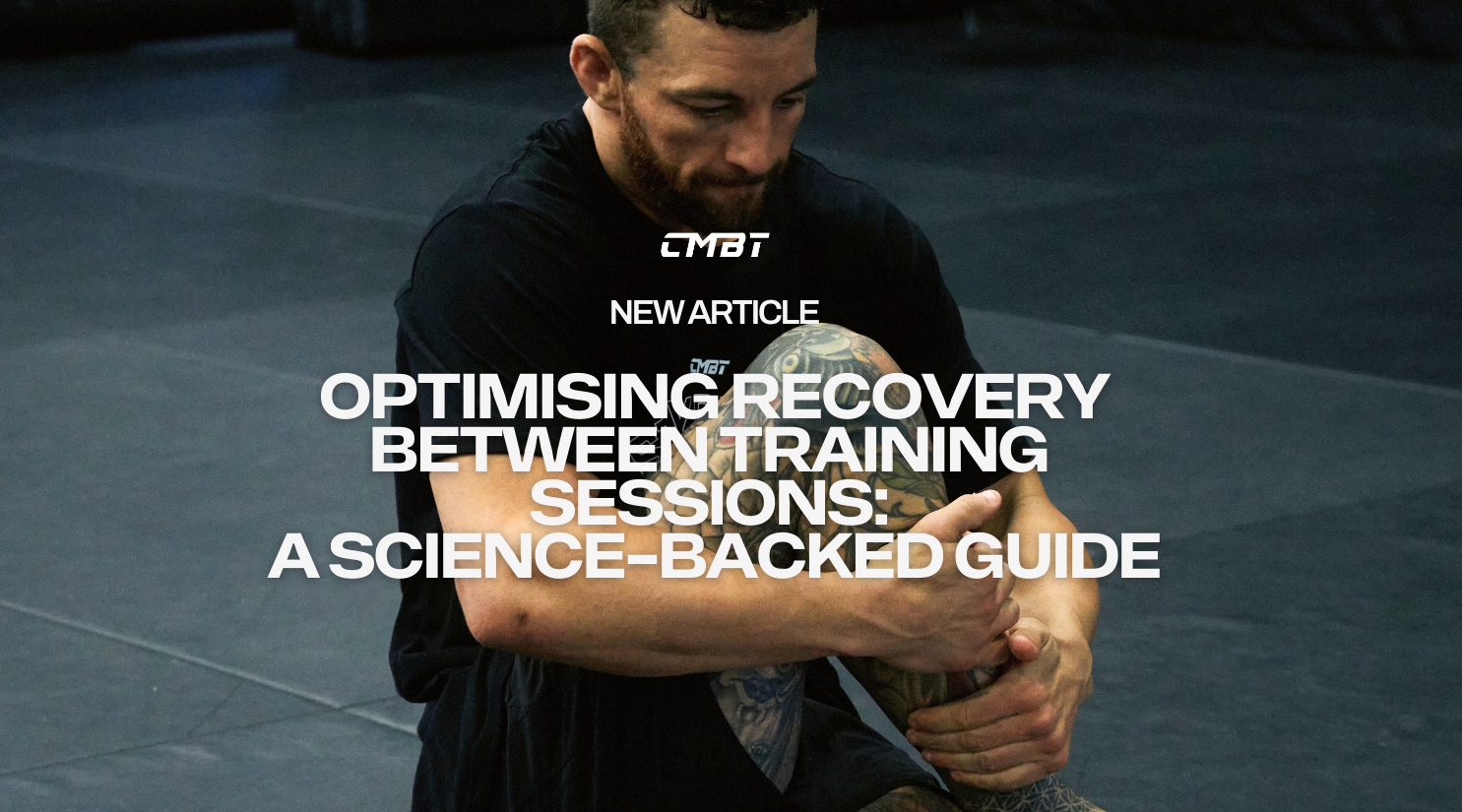


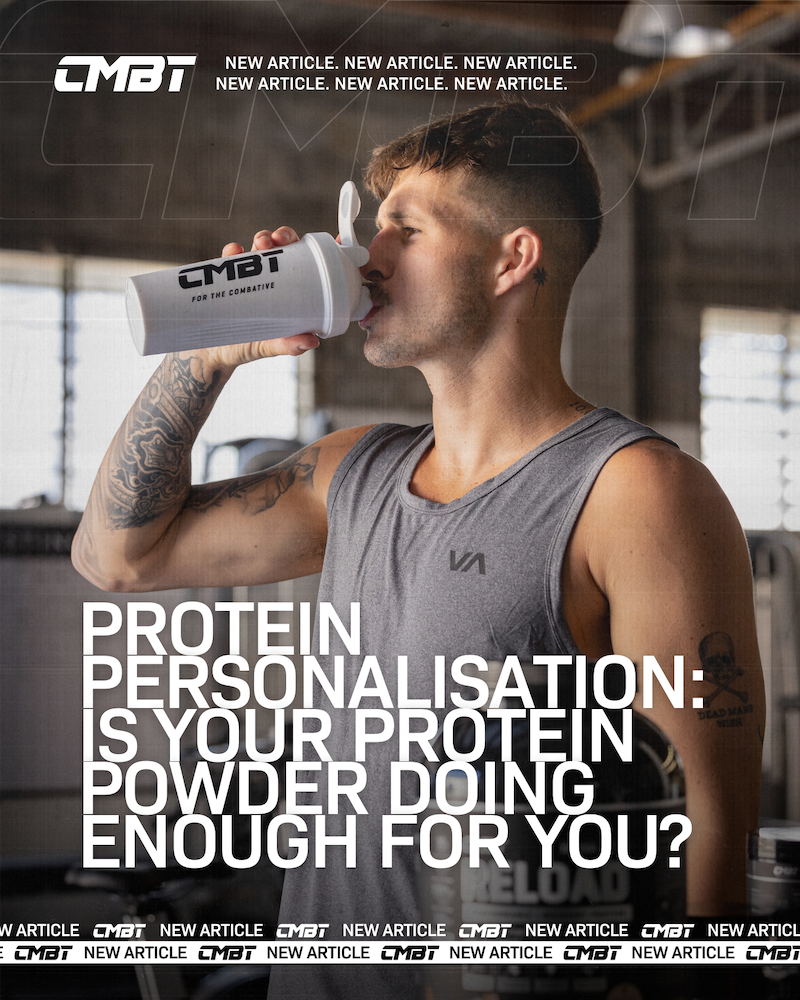

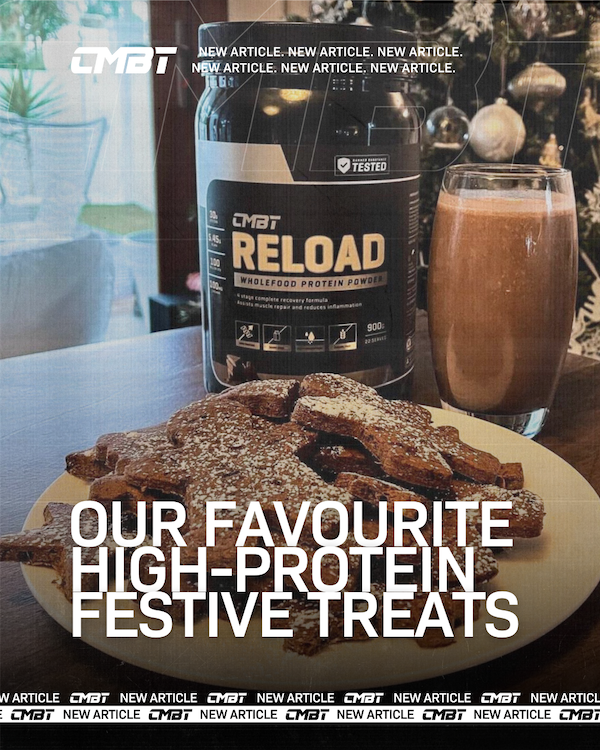

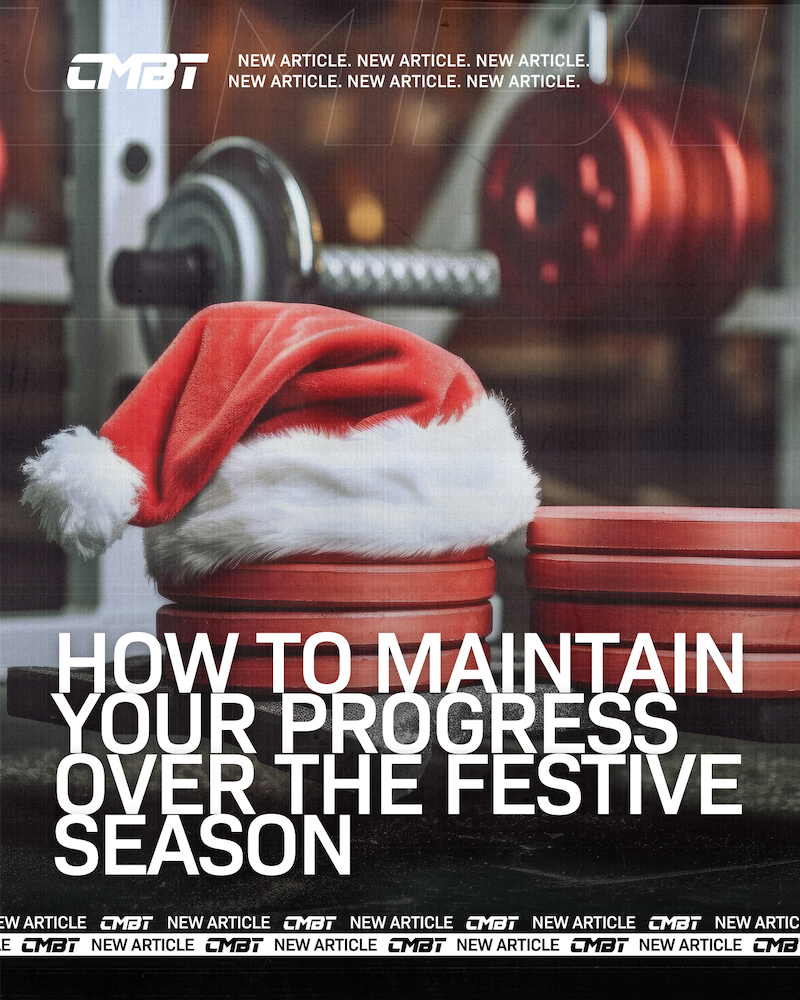
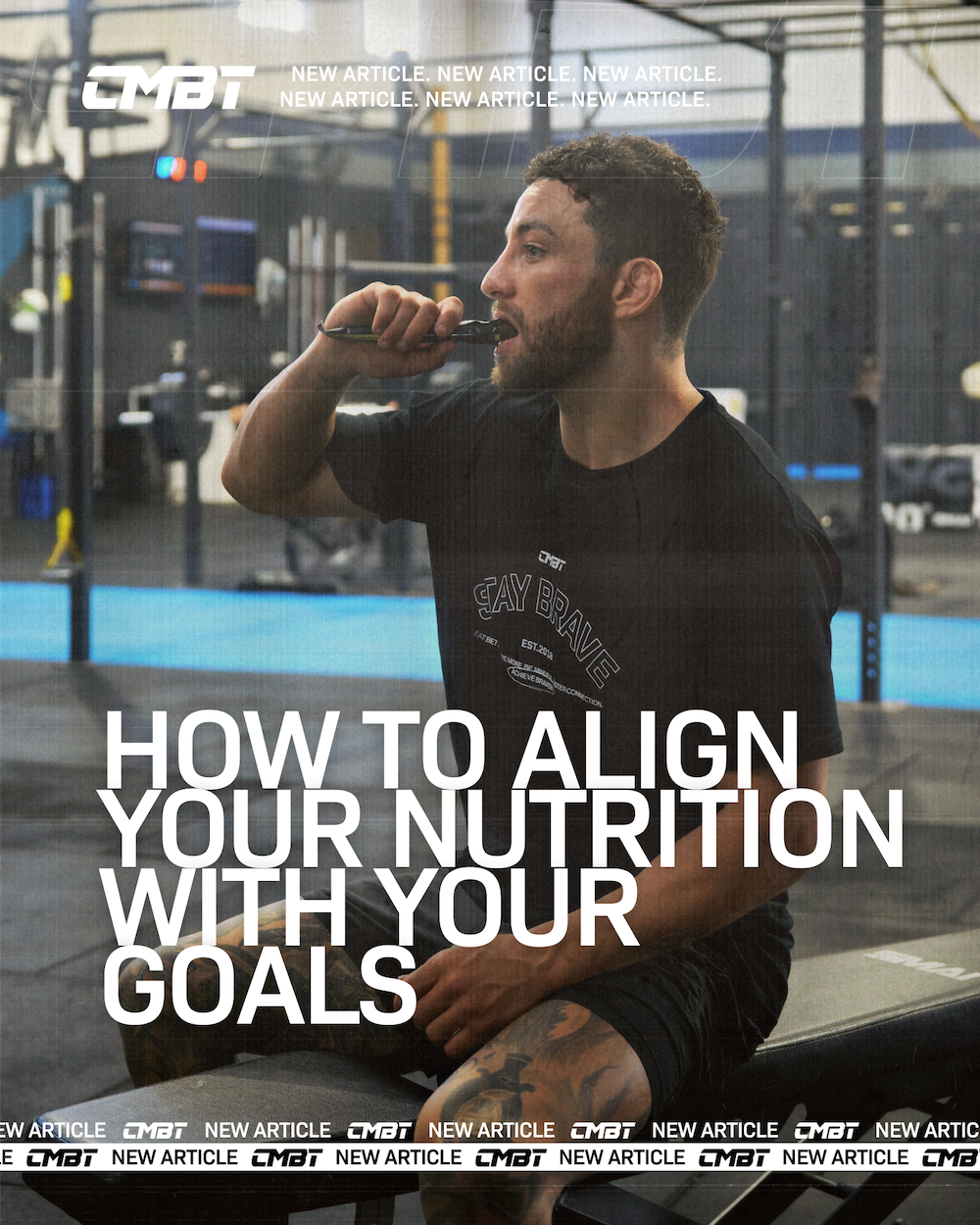



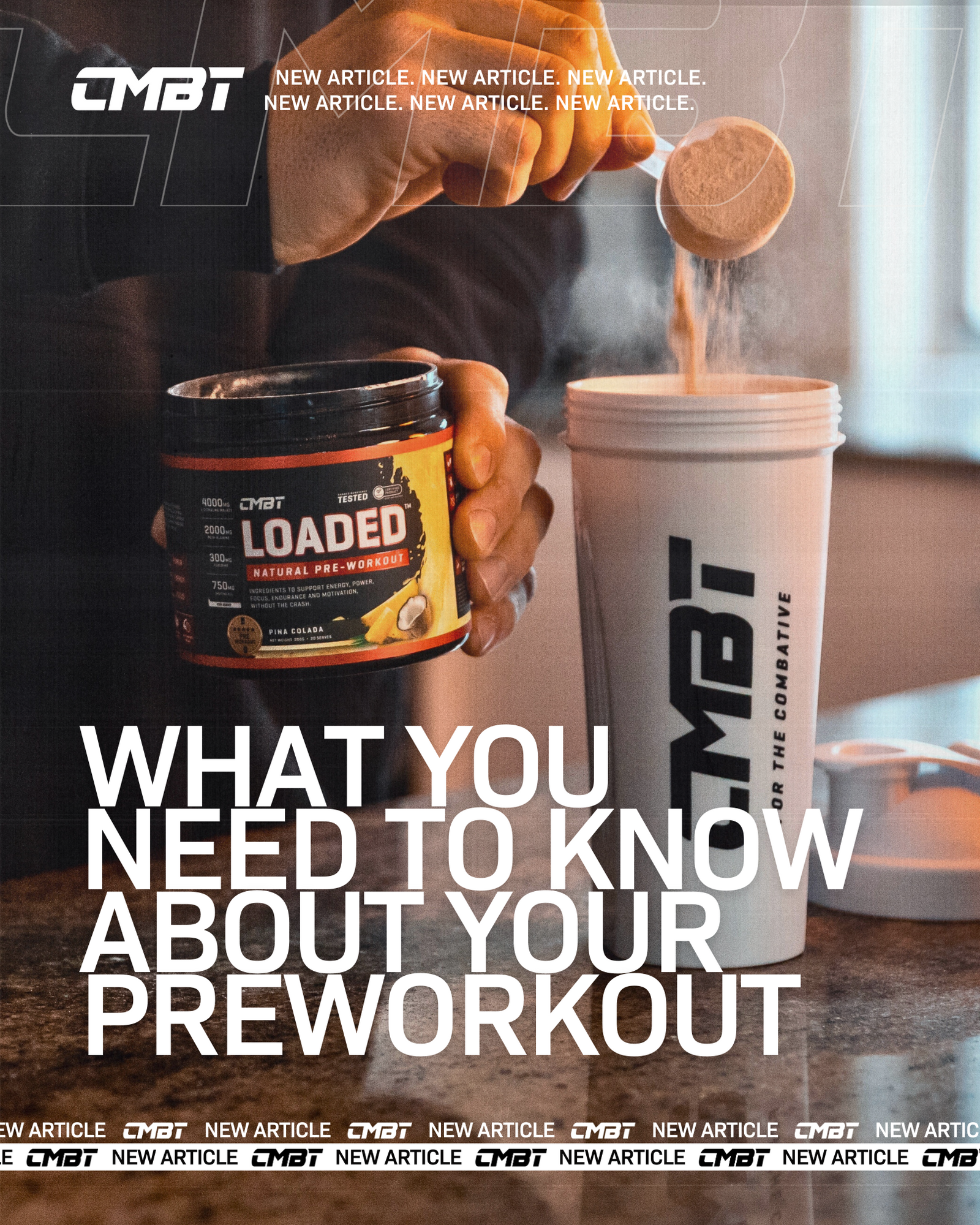


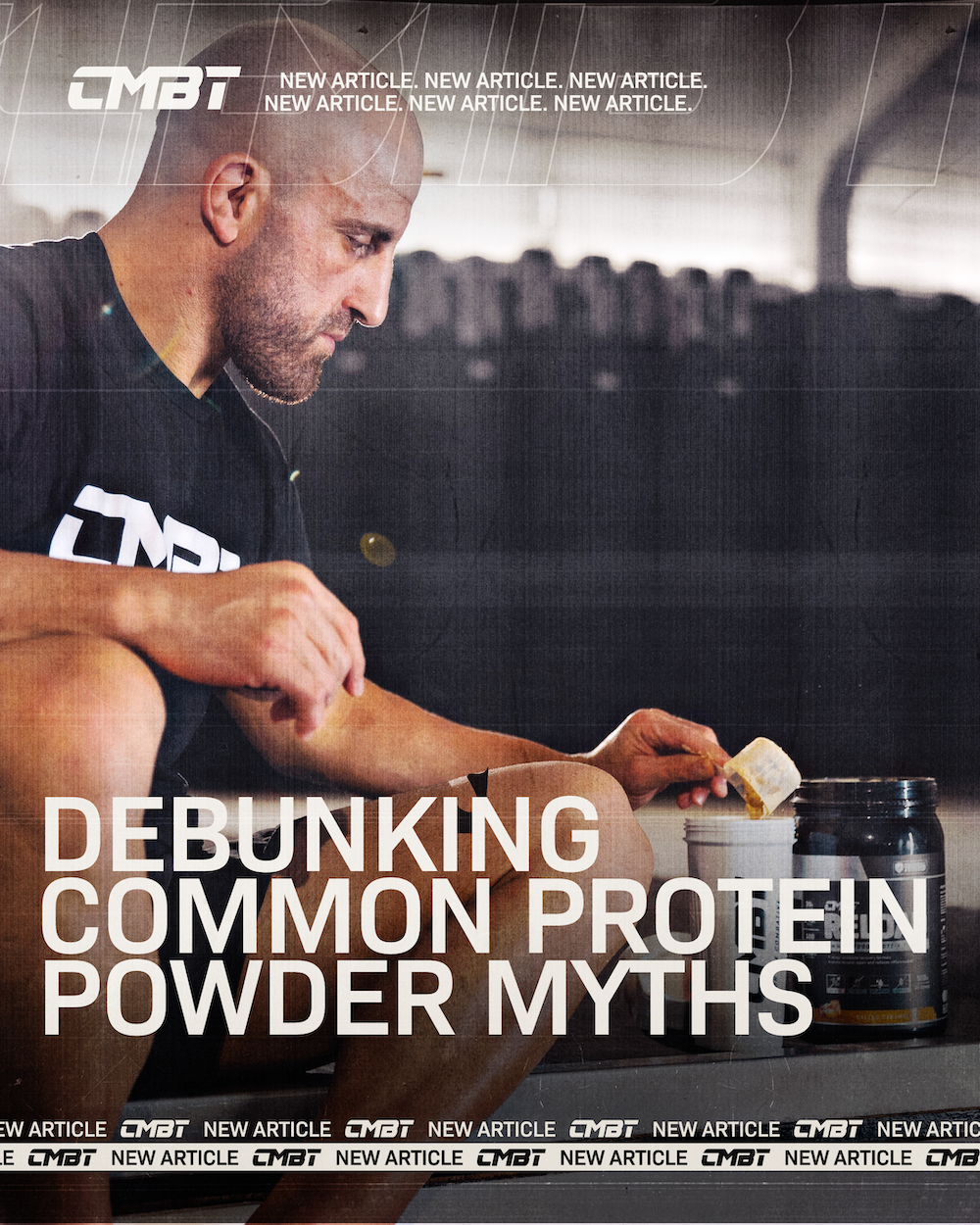
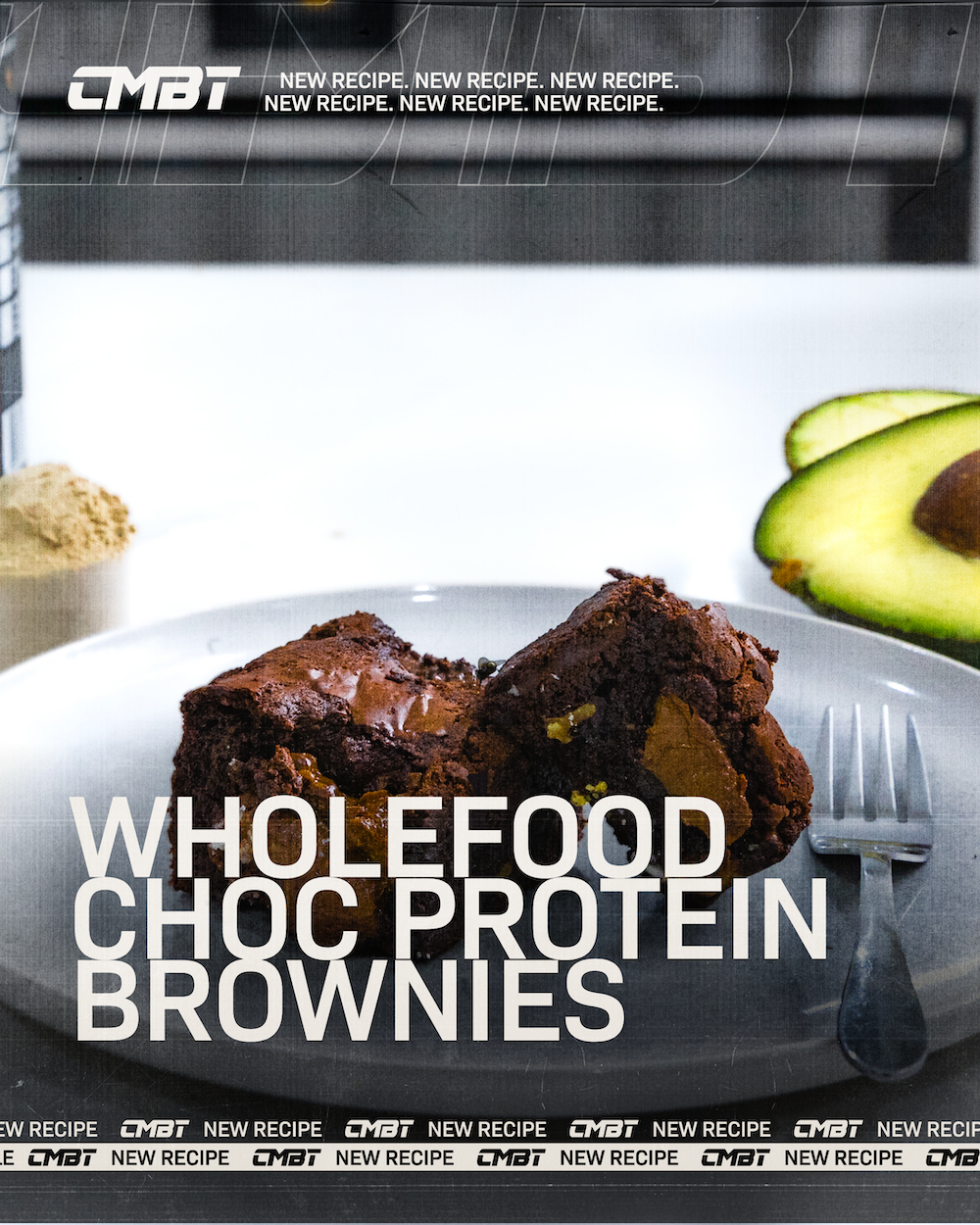





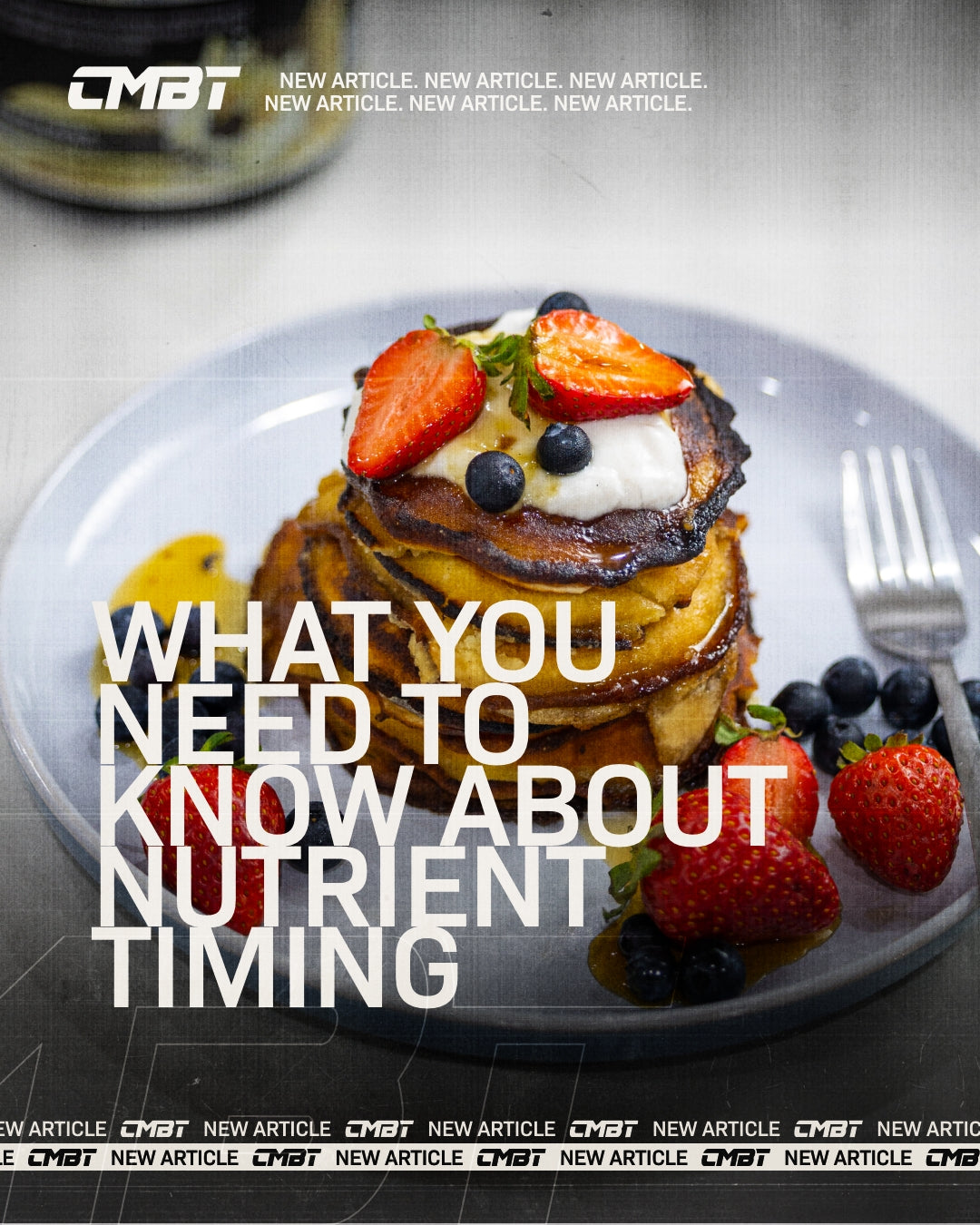




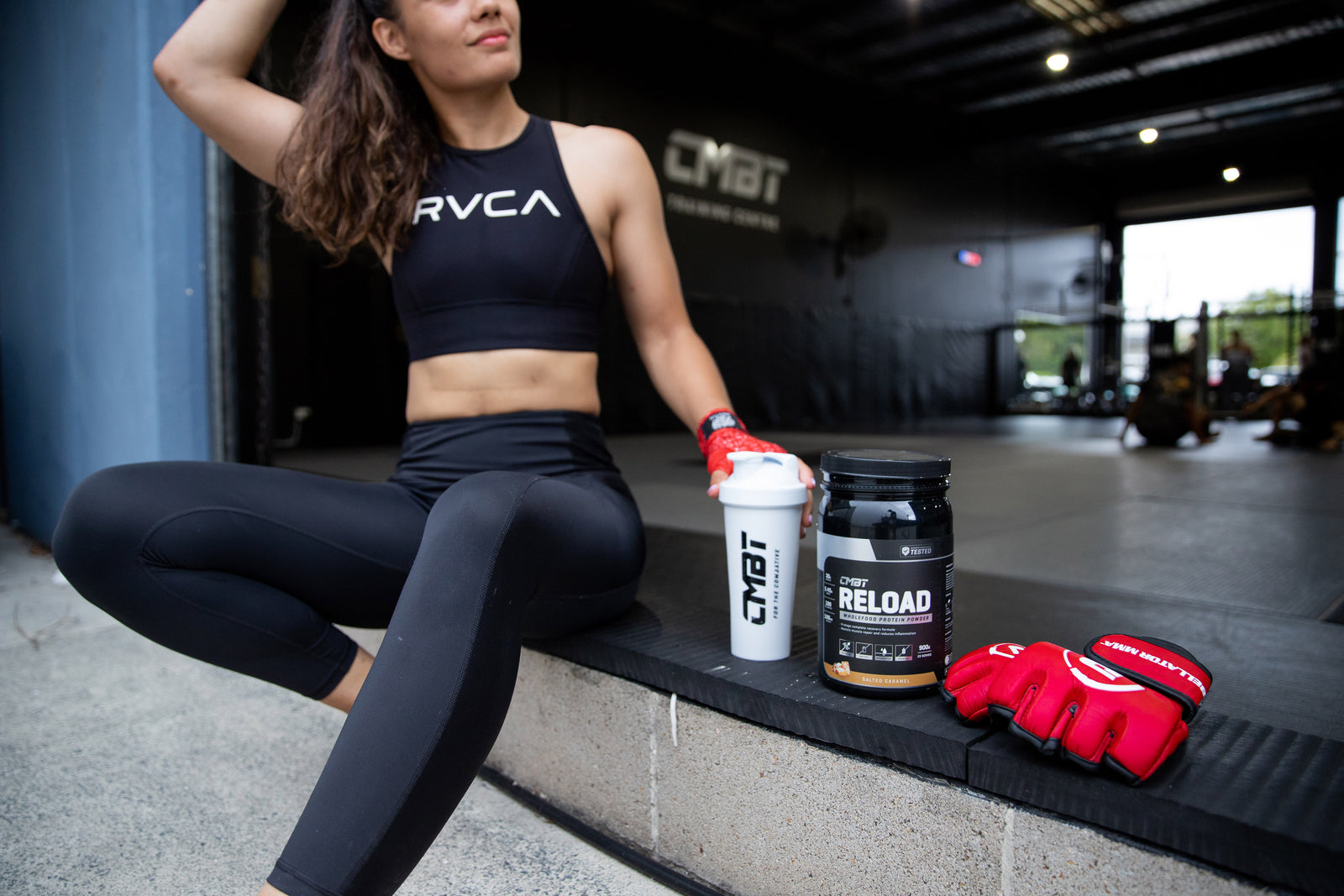



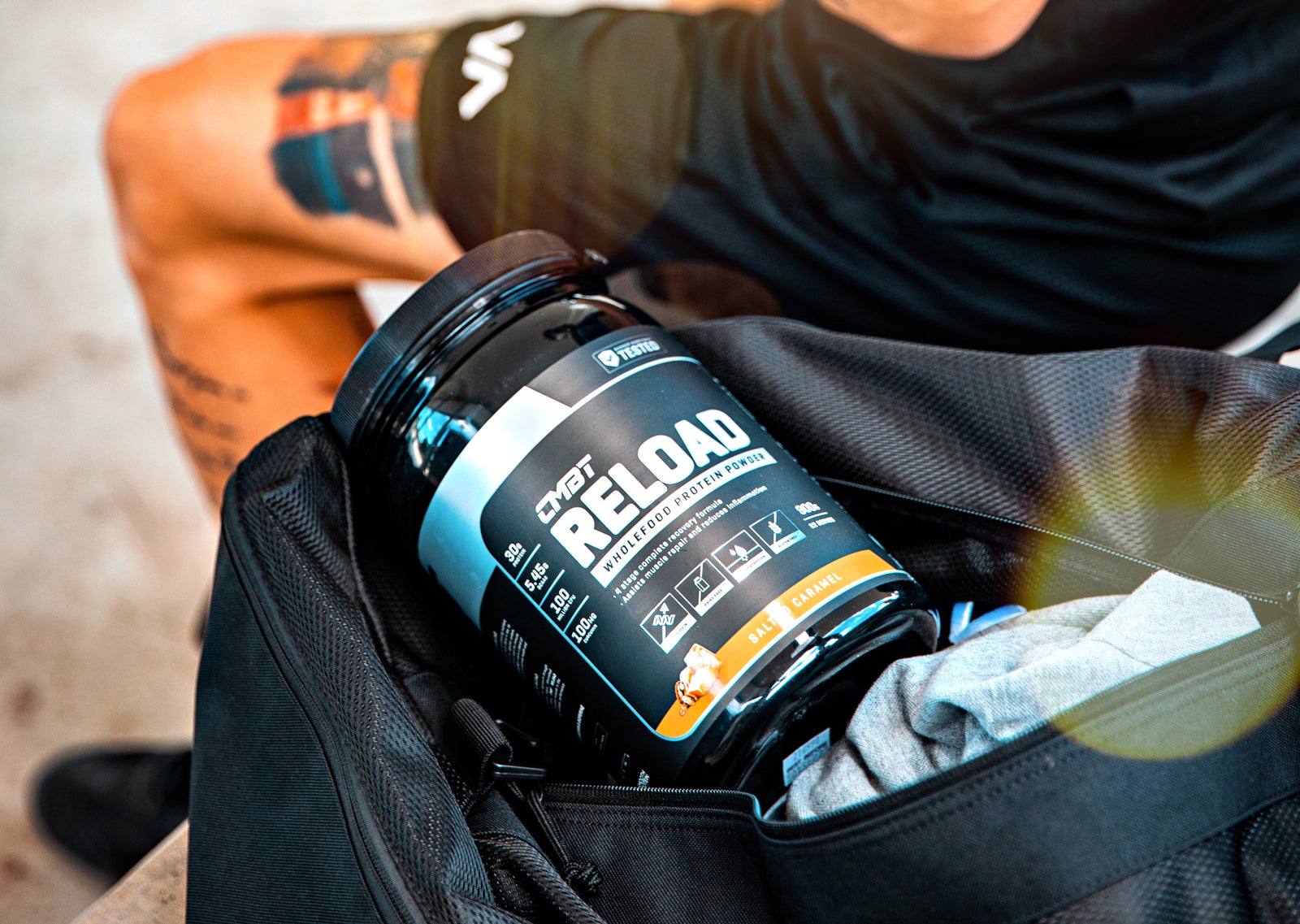



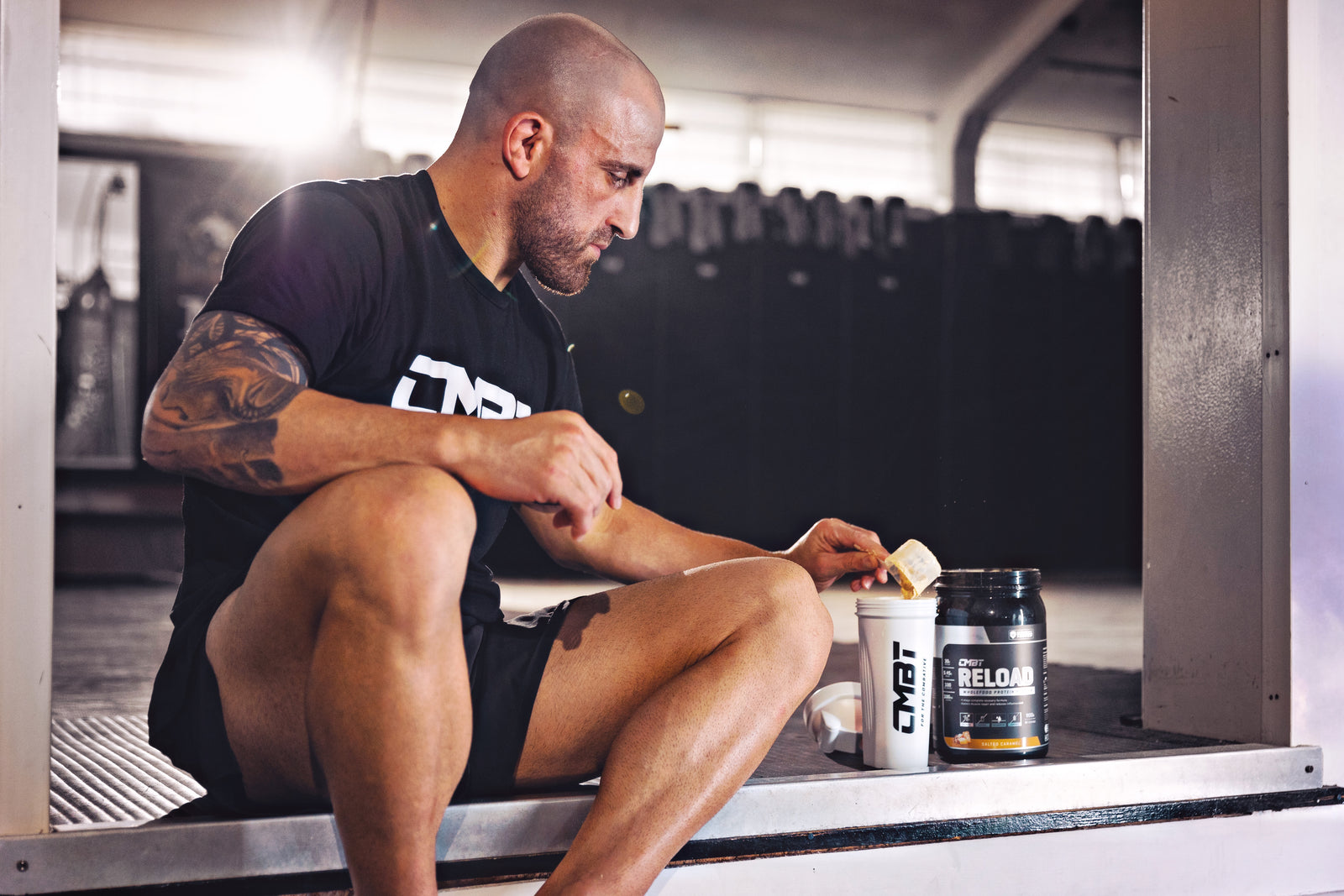

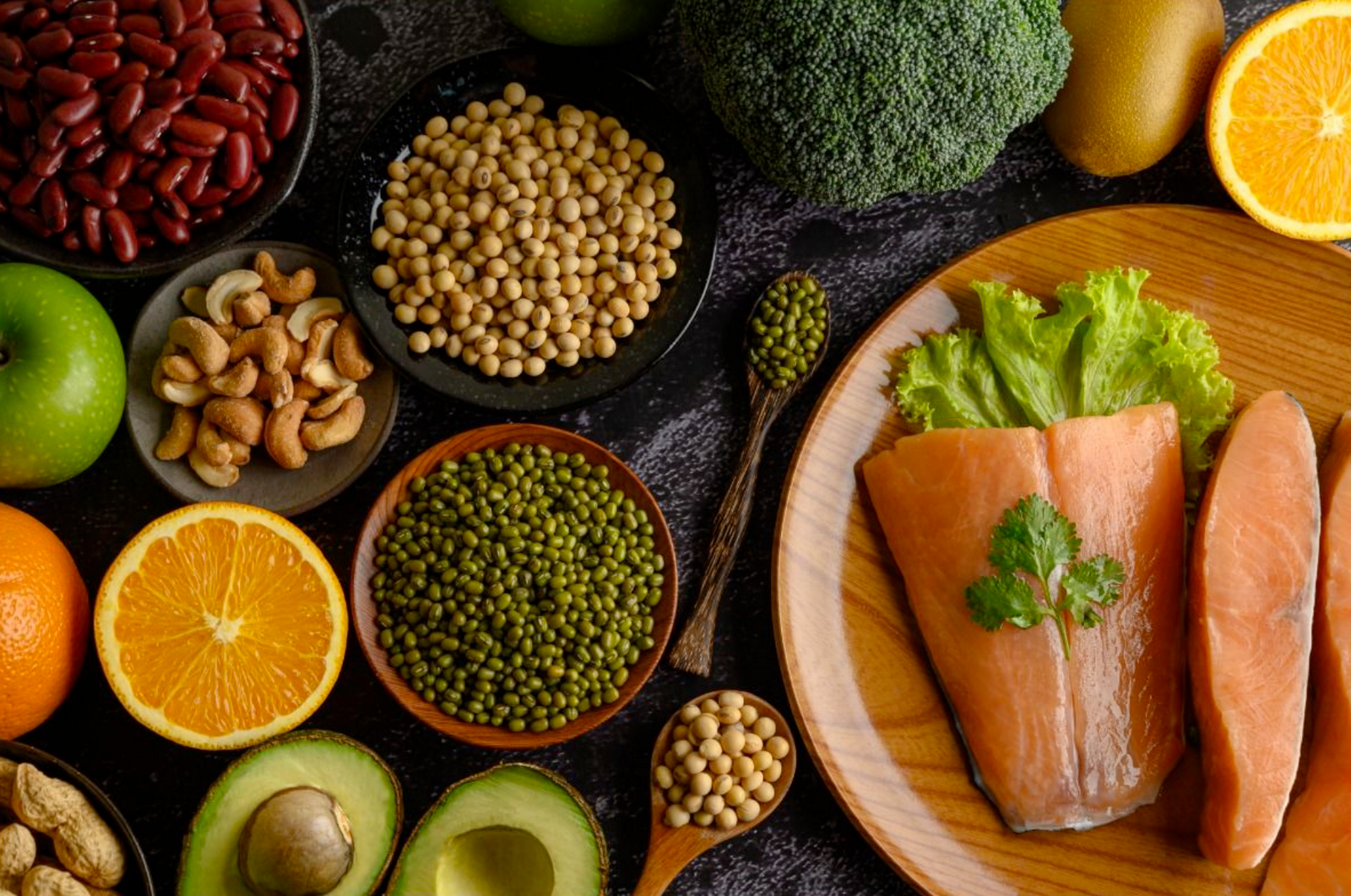
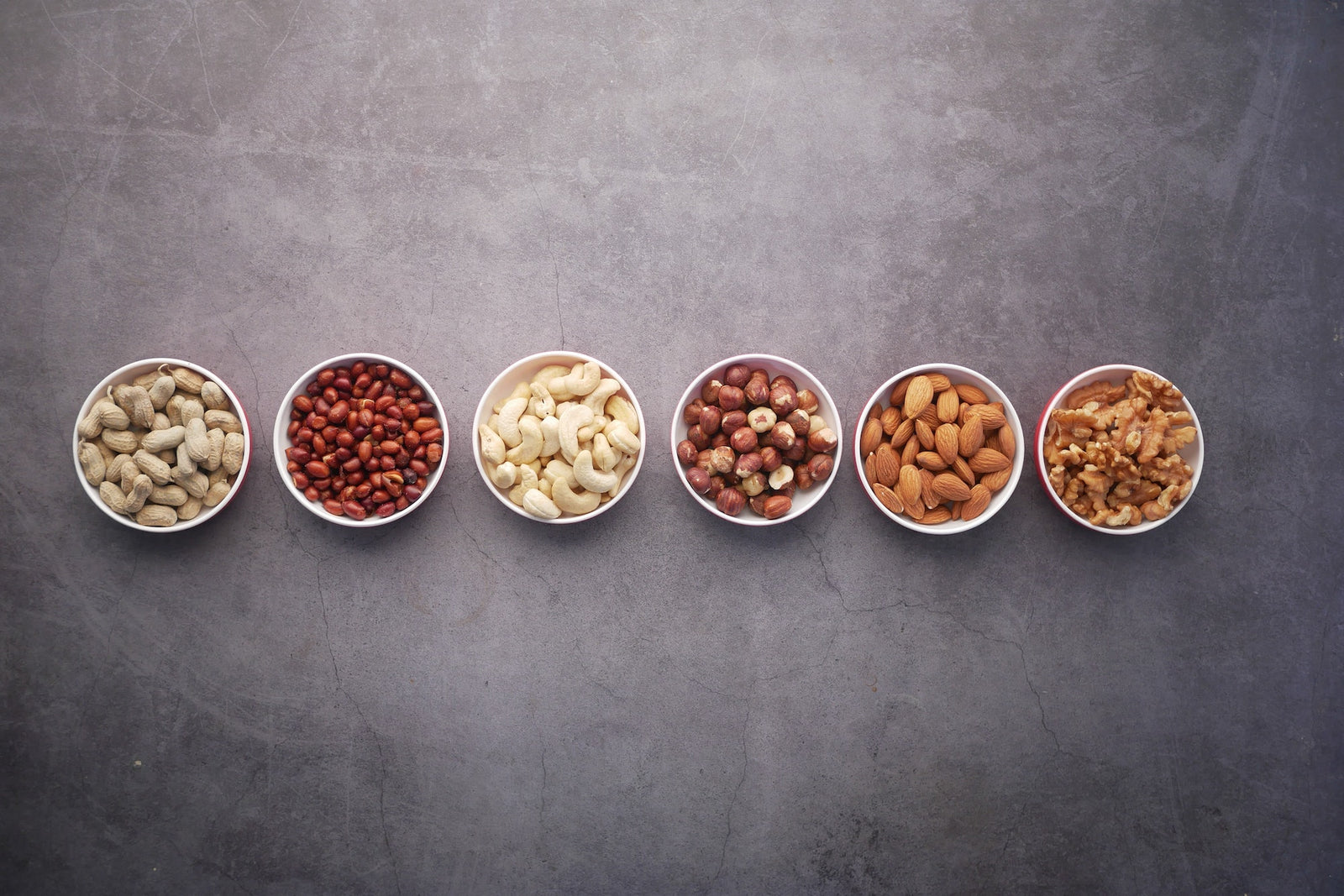

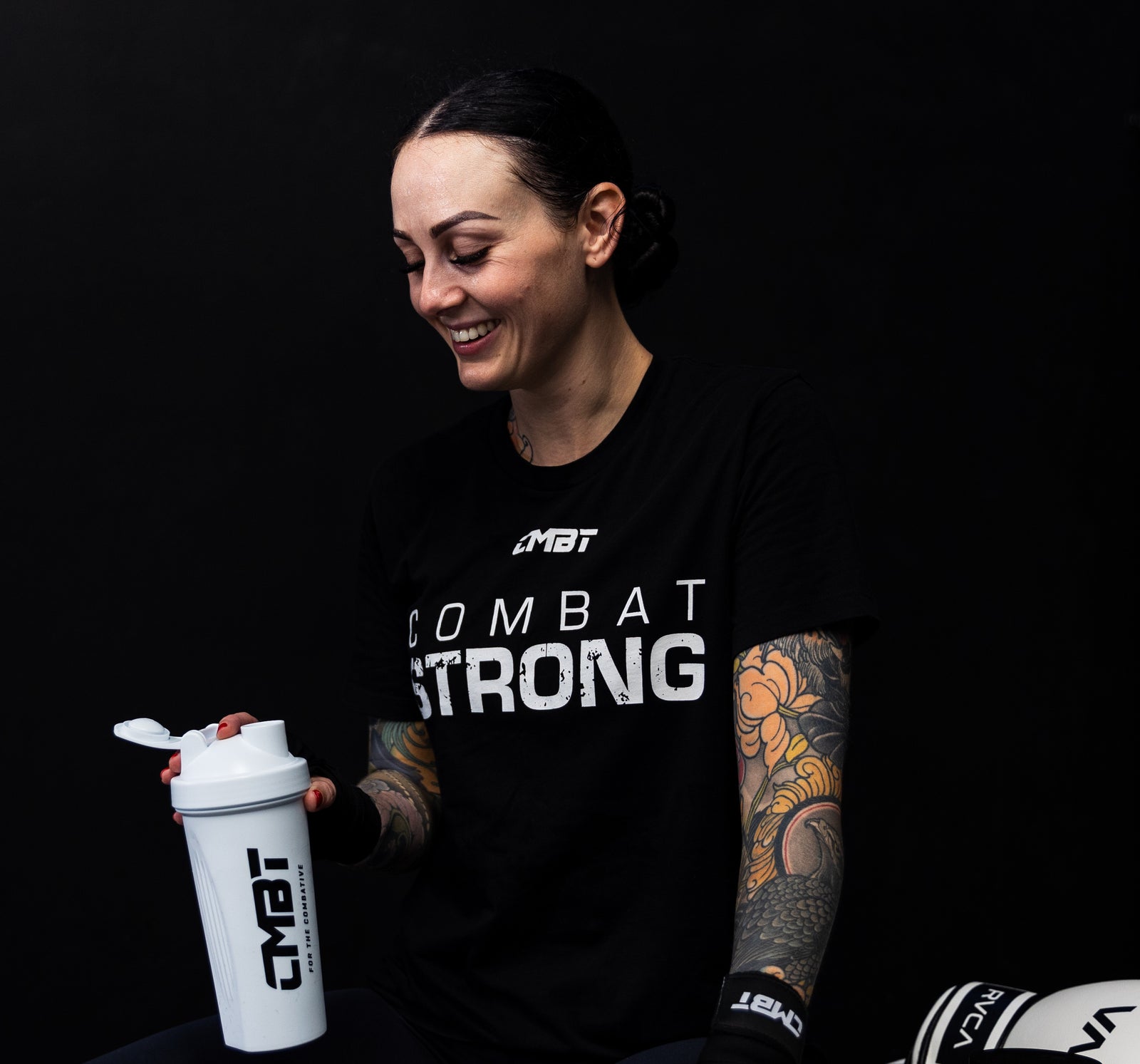



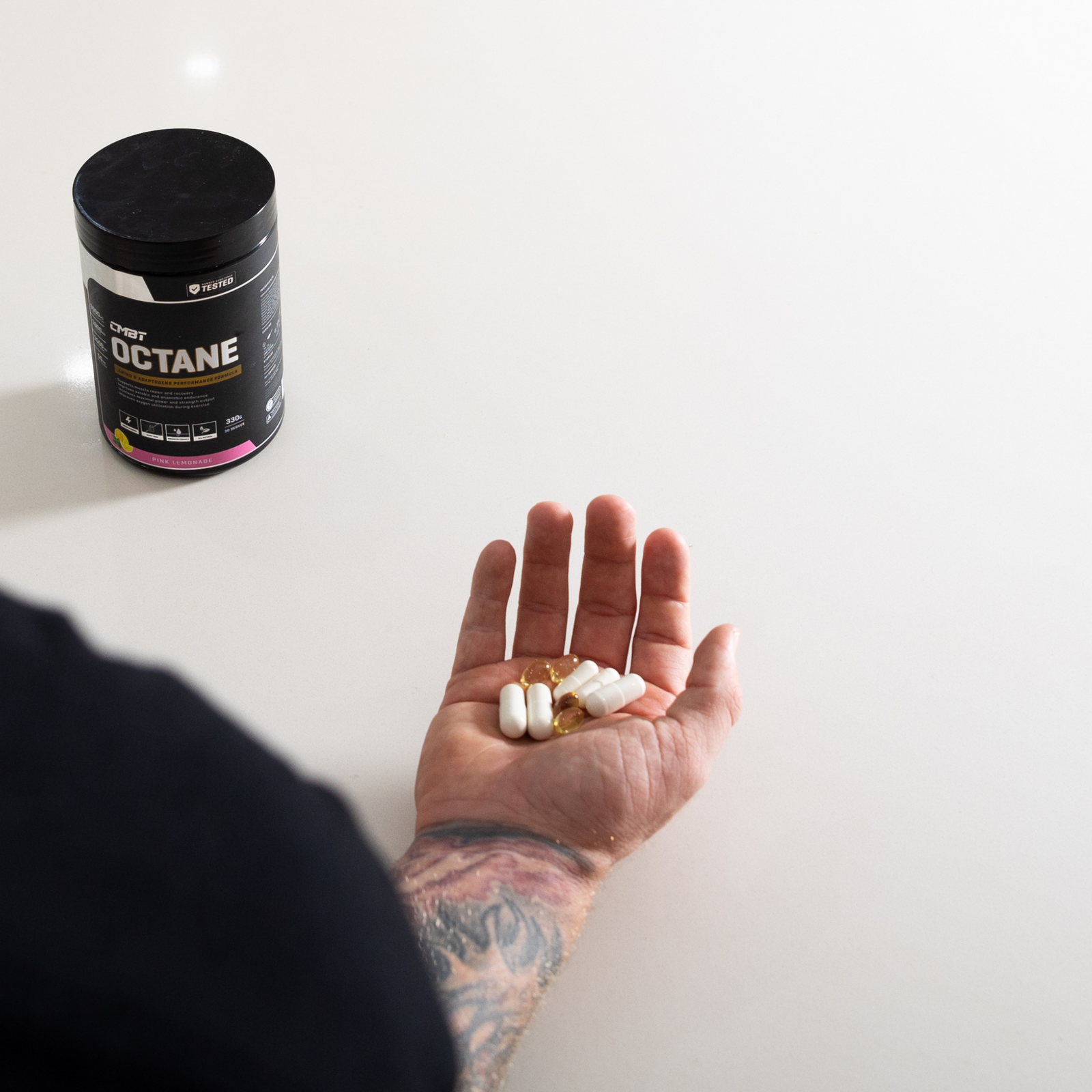


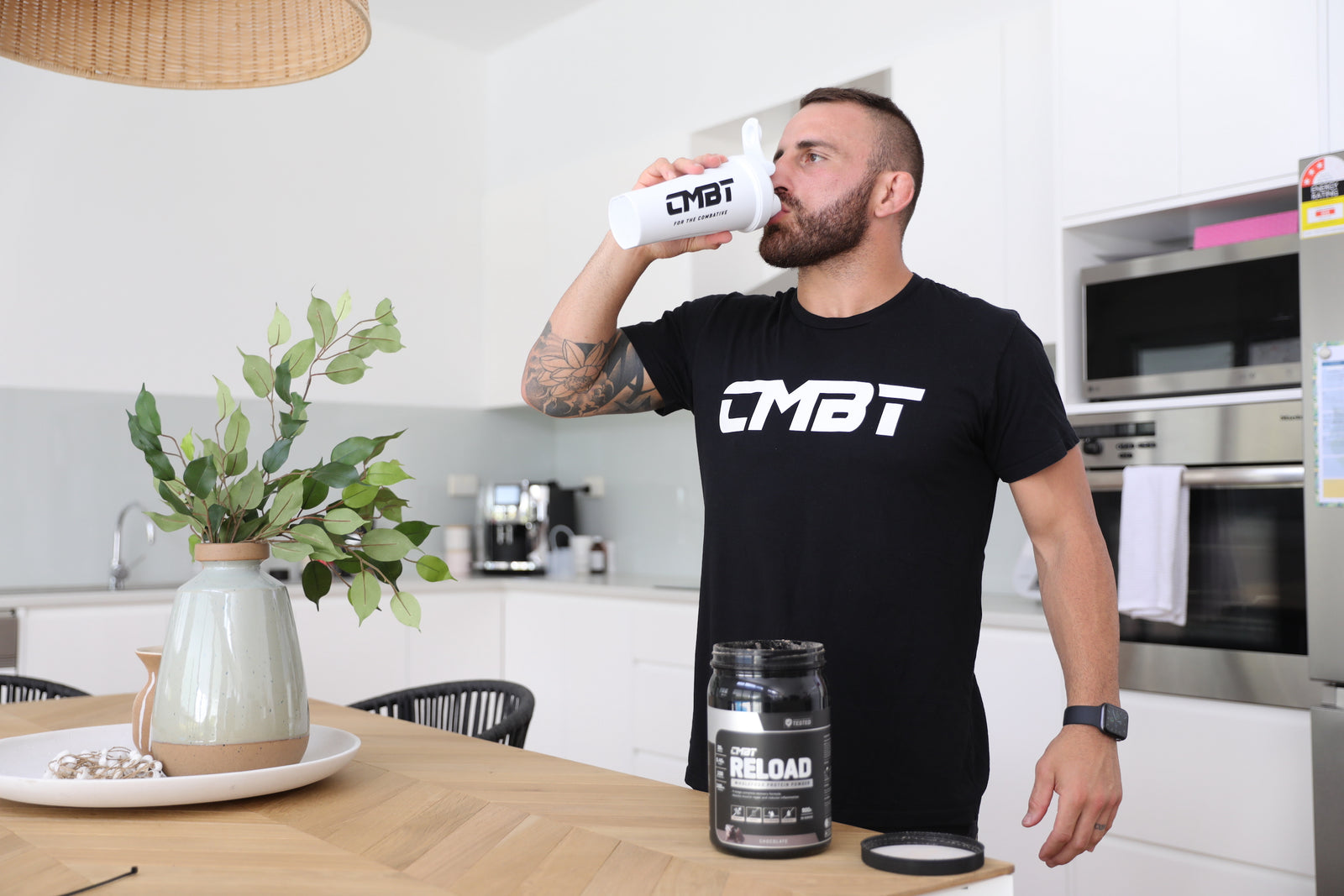
![[VIDEO] Fuel Your Passion feat. Sami Locke](http://cmbt.com.au/cdn/shop/articles/Sami.jpg?v=1625826844&width=1600)